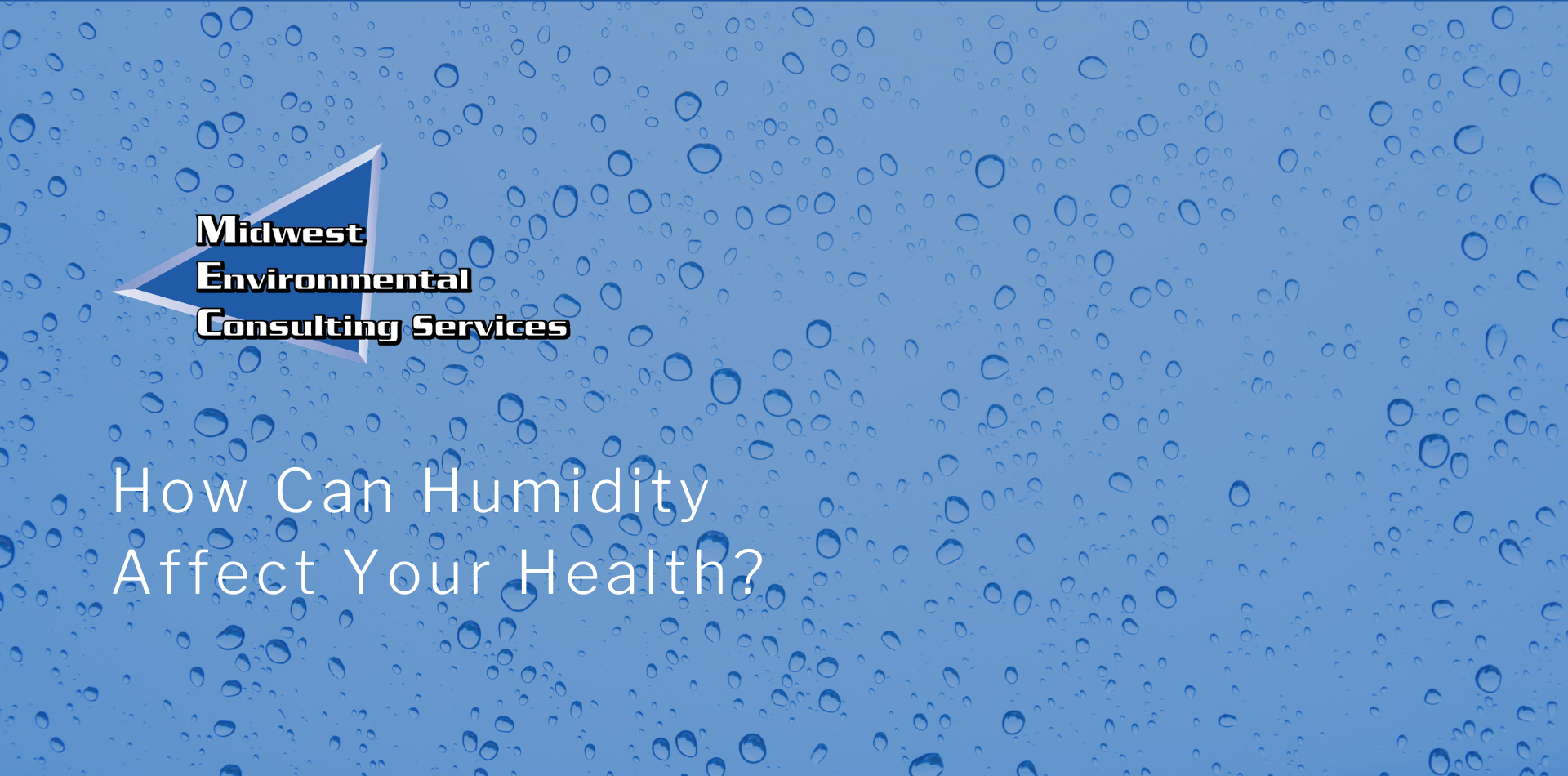You may have looked over late exploration that suggests increasing indoor humidity to disable COVID particles. During the cold months when our rooms are closed, and everything is warmed up, the humidity can drop to very low levels (as low as 20%).
Unfortunately, in these low-humidity conditions, COVID-19 infection appears to thrive and remain practical for long periods. (Controlling humidity is just one way HVAC can help fight COVID.
However, excessive indoor humidity can also affect health. For example, it is known that infections spread more effectively when the air humidity is greater than 60%. What is considered high humidity, and what humidity is protected indoors?
What’s more, in particular, how does indoor humidity affect your body and your health? We’re going to share a few realities about the unfriendly effects of too much moisture in the vicinity of inconveniences around the house, as well as common reasons for high humidity indoors. Let’s get started with the ideal humidity and what amount will negatively affect your health.
What Is Humidty?
In a nutshell, humidity is a measurement of how damp the air is or isn’t in any given environment. Your air isn’t just air – it contains moisture in varying degrees depending on the temperature. The higher the air’s temperature, the more water the air can hold. Many things can contribute to indoor humidity: our own perspiration, showering, washing and drying anything, cooking, you name it.
How Much Humidity is Too Much?
Experts generally agree that the ideal indoor humidity for comfort and to prevent damage to health is in the range of 35 to 60%. When you invest energy in a living or working environment with humidity higher than 60%, certain health problems arise.
How about taking a look at the immediate effects of excess moisture on the body. Even so, you will almost certainly experience different effects. Therefore, we also clarify how the humidity adapts to your current circumstances and how these effects can affect your health.
Humidity and Health: The immediate effects can be dangerous
Regardless of whether it is indoors or outdoors, excessive humidity combined with high temperatures can cause our bodies to overheat. Without a doubt, high levels of relative humidity – especially if exposed for a prolonged period of time – has incredibly harmful effects on us. At this point, the results can be dangerous.
Are you wondering why hot, sticky, and humid air feels very more uneasy than hot, dry air? That is because moisture blocks your body’s ability to control internal heat levels and cool itself down. Excessive humidity can cause your internal warmth to rise.
Here’s the way it more or less works. At the point when the temperatures get too high, your body has protective components that keep your internal temperature constant. These can include:
-
Sweating
-
Increased breath
-
Changes in blood distribution
Sweating is important and is extremely hindered by a lot of humidity. Sweating cools the body when the moisture dissolves from the skin. Regardless, when the air is immersed in water vapour (like when the humidity rises to 70 percent and higher), sweat cannot wick away. As opposed to cooling down, you feel more sizzling and sticky.
Until then, the body is forced to turn to different intentions in an attempt to relax. That’s why you may find yourself breathing faster as you get hotter and hotter. Your heart draws more blood to your most distant places and less to your internal organs and mind. That is why you feel lazy and foggy. You may feel intoxicated or even weak. You may also feel muscle spasms, especially in your legs.
The body overheats due to the lack of fluids, salt and electrolytes. If your body can’t pay attention to the temperature, you can end up causing heat fatigue or heat stroke, which can be fatal.
What are the effects of excessive humidity on your health?
While the immediate effects of excess moisture and heat can be dangerous, most of the time you’ll know you are in danger and figure out how to relax. Even so, the awkward effects of high humidity can be more deceptive. Moisture can cause changes in your indoor climate that can make you sick.
-
Microorganisms and infections spread in humid conditions
-
Investing energy in a humid climate can make you weak, especially from a respiratory infection
-
Microbes and infections that cause disease to thrive and fill in the air that is over 60% relative humidity
Also, the likewise moist air makes those impurities remain airborne for a longer period before they settle on the surfaces. So when you are in a sticky office, and people are sniffing and penetrating around you, those scary germs stay and multiply. Also, you will almost certainly be inhaling it.
Allergens start in high gears
According to a report in Environmental Health Perspectives, distributed by the National Institute of Health, excess moisture leads to more significant levels of parasite residue and growth, and are two of the most egregious culprits for victims of indoor hypersensitivity.
Asthma patients beware
The shape and biota of the fuel are indicated for respiratory conditions, such as asthma. Even individuals who do not usually suffer from allergies or asthma can experience hypersensitive responses from growths that develop in extremely humid conditions. The bulk of these microorganisms fills like crazy in relative humidity levels at an abundance of 75%.
Regardless of whether you don’t see it, it can be found in bathrooms, kitchens, floor coverings, decorations and ceiling tiles in your office. They may even fill in the pour of air ventilation work.
Humidity increases airborne chemical pollutants
Natural pollutants such as microscopic organisms, lagging insects and their remnants are not the main things that degrade in the air with a lot of moisture. Airborne synthetic materials that cause adverse physical effects are further increased with higher humidity.
Regular structure materials such as rugs and wooden objects dump synthetic compounds, such as formaldehyde, into the air. This is classified as “off-gassing”. When there is an excessive amount of moisture in the air, the centrality of these toxic synthetics is elevated due to the synthetic materials’ response to water smoke. Indeed, even low-level introduction of these synthetic compounds can cause individuals to experience skin, eye, and throat irritation such as respiratory side effects.
This problem is expanding with the development of more energy-efficient structures that may have lower outdoor ventilation rates. This is why it is so important for existing structures to maintain legitimate humidity levels to obtain good indoor air quality.
Three primary reasons to increase humidity in your space
Since you know the current facts about humidity and health issues, this is what you need to think about the causes of increased humidity. At this point, you’ll be ready to manage the problem and feel better about your space. We can help!
1. Lacks ventilation
The absence of outside air can expand the degrees of both natural and intrinsic germs that cause disease such as distress caused by moisture. Changes in the HVAC plan by a certified professional, for example, adding cosmetic air or redirecting ventilation work, can have a significant impact on humidity levels.
2. Big air conditioner
It is a more natural circumstance than you might imagine. Contract construction workers regularly install air conditioners tragically excessively for space. Accordingly, the unit is normally switched on and off, resulting in it not running long enough to remove moisture from the air
3. Ignore the AC maintenance
When your appliances are neglected and are no longer functioning effectively, you can end up with an excessive amount of moisture in your space. A decent inspection and cleaning can reset it to a fair working condition. Humidity is just one of the many problems caused by poor support for air conditioner equipment.
You probably haven’t considered how effective temperature control can impact your home or business. Maintaining a healthy balance of humidity in your home is ideal and relatively easy to do. Getting fresh air into your home is simply the best. The more your air circulates, the cooler the temperature will be, and the less harmful toxins will stick around.
Midwest Environmental Consulting Services facilitates a safer environment by deploying the latest technologies to ensure our clients achieve compliance. We are there for our clients every step of the way. MEC is paving the way for healthy expectations and a dependable environment for your employees and family.




